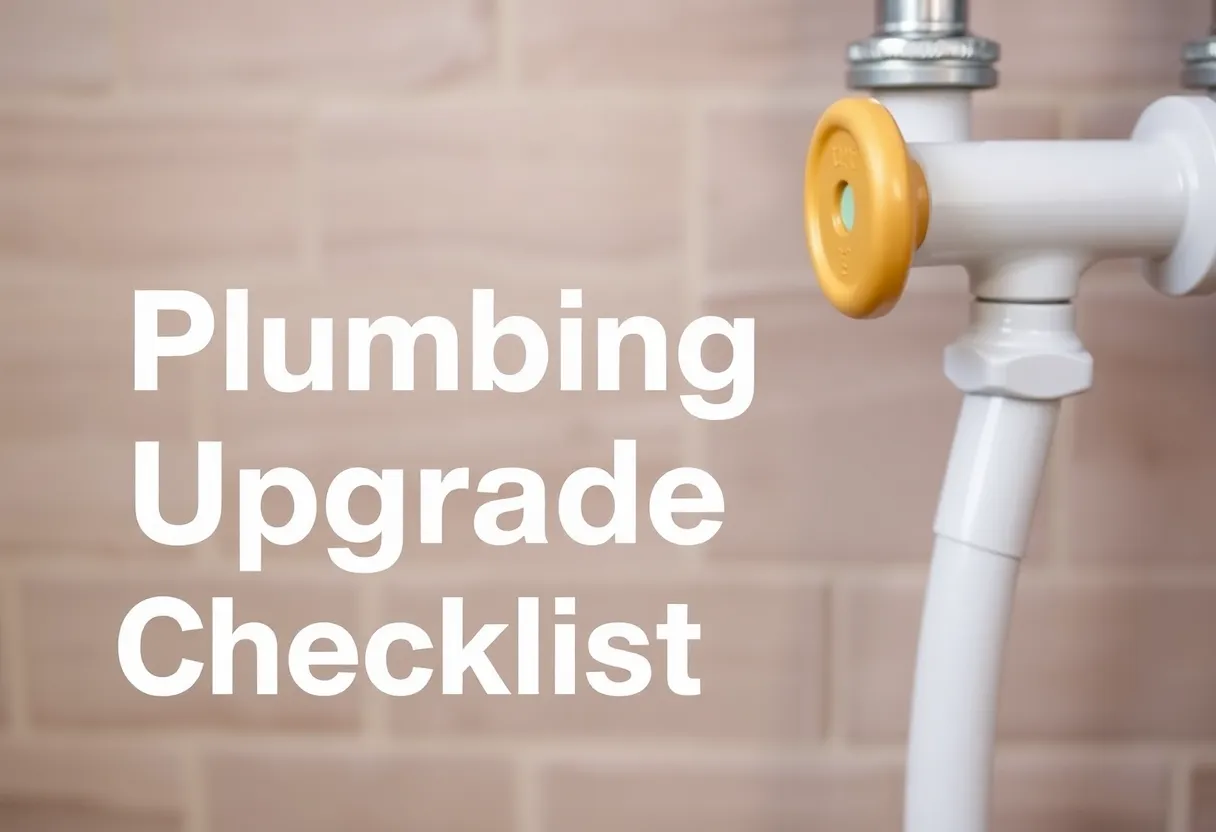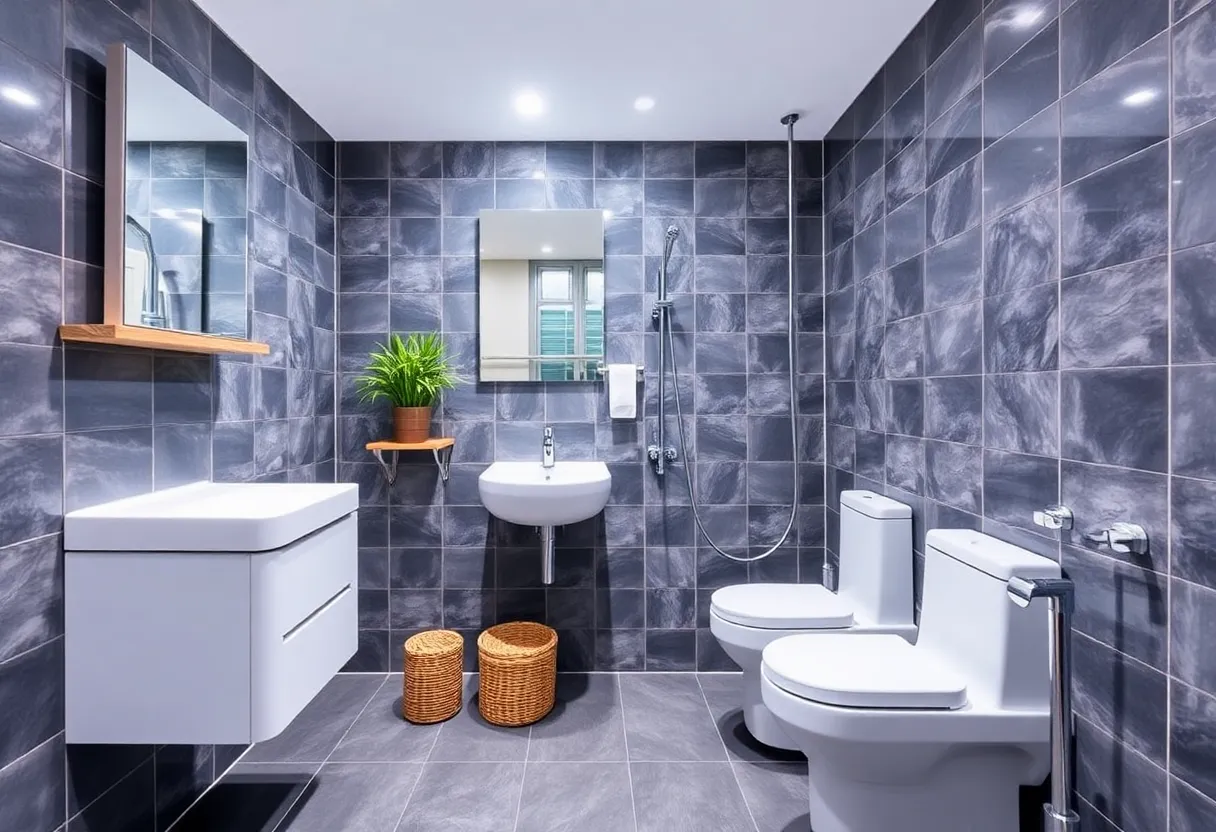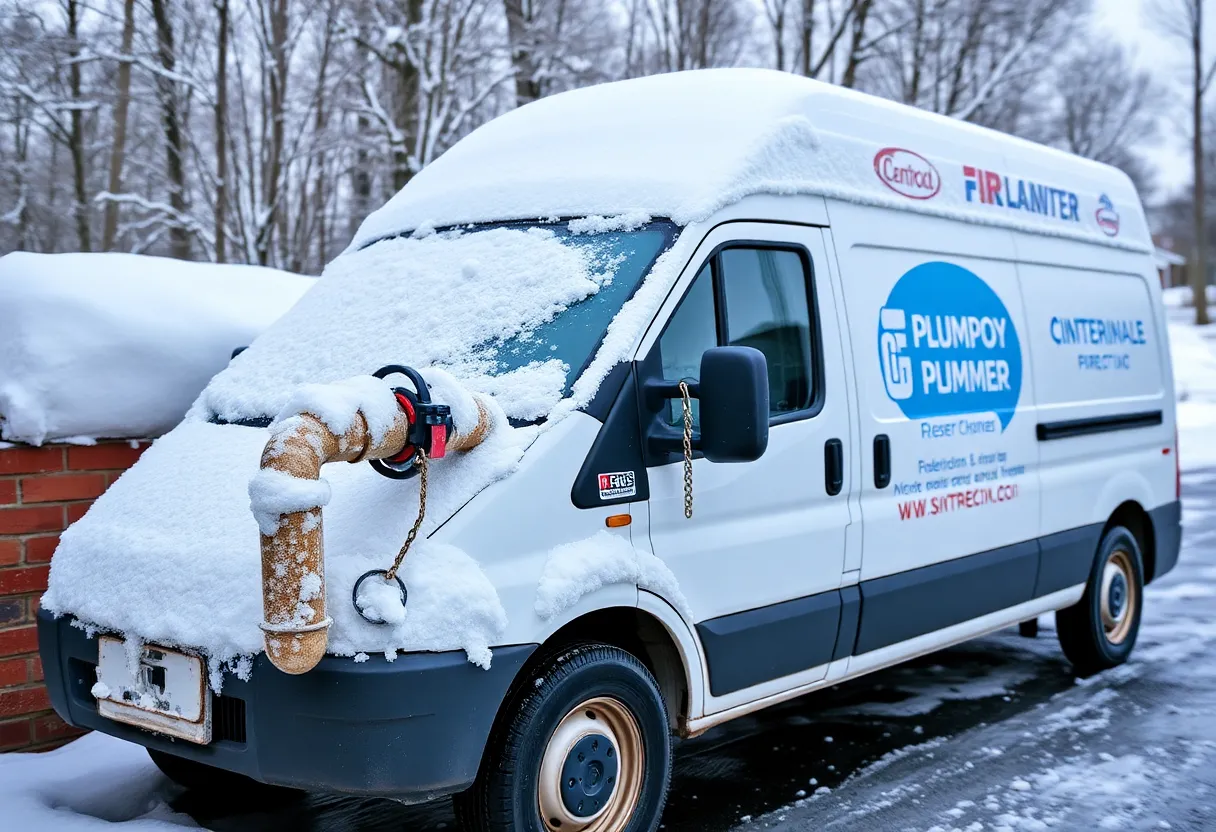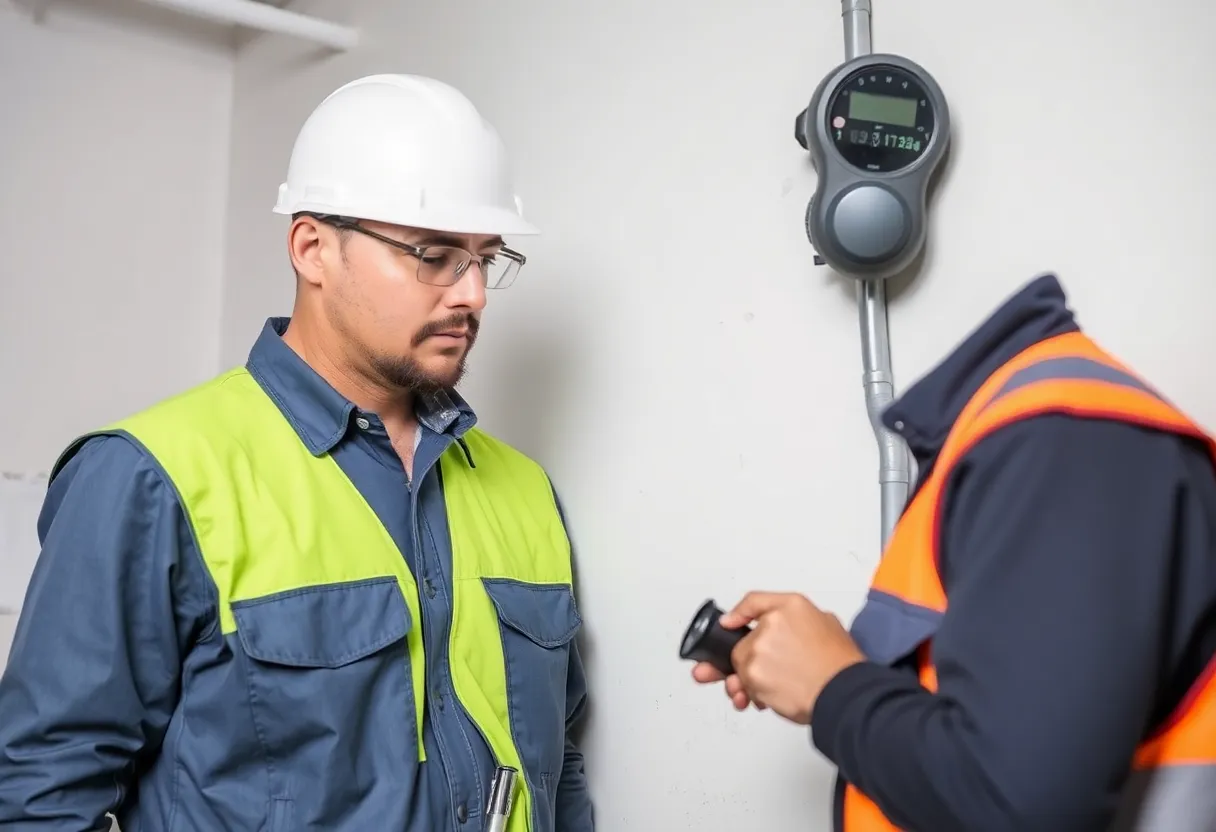The Plumbing Reality Check: 10 Essential Questions Every Homeowner Should Ask Before Investing in Upgrades
Investing in plumbing upgrades is a significant decision for any homeowner. Plumbing systems are not only vital for functionality but also critical to the overall comfort and value of your home. _Understanding the intricacies of plumbing upgrades can save you money, time,_ and potential headaches down the line. In this article, we’ll take a closer look at ten essential questions homeowners must ask before diving into plumbing upgrades.
1. What are the signs that my plumbing system needs an upgrade?
Before contemplating an upgrade, it’s essential to know if it’s really necessary. Common signs that your plumbing system may require attention include:
- Persistent leaks or drips
- Low water pressure
- Slow draining sinks and tubs
- Rusty water or discolored pipes
- Unpleasant odors emanating from drains
If you observe any of these symptoms, it’s time to evaluate whether you should upgrade specific elements of your plumbing system.
2. How old is my current plumbing system?
The age of your plumbing system is a significant factor in determining whether an upgrade is required. Most plumbing systems have a lifespan of 20-50 years, depending on the materials used. Knowing the age can pinpoint which components may need upgrading or replacement:
- Cast iron pipes: 50 years
- Galvanized steel pipes: 20 years
- PVC and CPVC pipes: 75-100 years
Understanding the current status of your plumbing materials can help you make informed decisions about necessary upgrades.
3. What type of plumbing materials should I consider for upgrades?
Upgrading to modern plumbing materials often means having better durability and longevity. Consider these materials for your plumbing upgrades:
- PVC (Polyvinyl Chloride): Great for drain lines and easy to work with
- PEX (Cross-Linked Polyethylene): Flexible and resistant to scale and chlorine
- CPVC (Chlorinated Polyvinyl Chloride): Suitable for hot and cold water
- Copper: Long-lasting but more expensive than alternatives
Each material has its pros and cons, so it’s vital to consult with a plumbing professional to decide which is right for you.
4. What is my budget for plumbing upgrades?
Establishing a realistic budget is crucial when it comes to plumbing upgrades. Potential costs can vary significantly based on:
- The extent of the upgrades
- Materials used
- Labor costs in your area
- Permitting and inspection fees
Make sure to factor in both immediate and long-term costs. It might be worthwhile to invest a bit more now to save on repairs later.
5. Will plumbing upgrades affect my home’s resale value?
Upgrades can potentially increase your home’s resale value, especially in areas where modern plumbing systems are in high demand. _Consider improvements that are attractive to buyers, such as:_
- Upgrading to energy-efficient fixtures
- Replacing old pipes with modern materials
- Installing water-saving technologies
Before making decisions, research your local real estate market to see which upgrades tend to yield the best returns.
6. Are permits necessary for plumbing upgrades?
In many jurisdictions, major plumbing work requires permits to ensure that the upgrades meet local codes and standards. Not obtaining the necessary permits could lead to legal problems, fines, and safety issues. Consult with your local building department to determine:
- The permits needed for specific upgrades
- The cost associated with obtaining these permits
- The required inspections to ensure compliance
Always adhere to local regulations to protect yourself and your investment.
7. Should I attempt DIY plumbing upgrades?
While some minor repairs or upgrades may be feasible for homeowners to tackle themselves, serious upgrades should generally be left to professionals. Consider factors like:
- Your knowledge of plumbing systems
- The complexity of the upgrade
- Your available tools and time
If the upgrade requires specialized skills or tools, it’s wise to hire a licensed plumber to avoid costly mistakes.
8. What kind of warranties or guarantees come with plumbing upgrades?
When investing in plumbing upgrades, it’s crucial to inquire about warranties. Most reputable plumbing companies will offer warranties which could include:
- Labor warranties (usually 1-2 years)
- Manufacturer warranties on materials (vary by product)
- Service contracts for ongoing maintenance
Be sure to read the fine print and understand what is covered and for how long.
9. How will plumbing upgrades impact my daily life?
Some plumbing upgrades may require extensive work that can disrupt your daily routine. Consider how long the project will take and how it might affect:
- Your water availability
- Your ability to access certain areas of your home
- Noisy construction work during the day
Planning ahead can help you minimize inconveniences during the upgrade process.
10. Can I combine plumbing upgrades with other home improvements?
Combining plumbing upgrades with other home projects can often be a wise decision. Not only can it save you time, but it may also lower your overall renovation costs. For instance, if you’re remodeling your kitchen or bathroom, consider upgrading the plumbing at the same time. This could involve:
- Installing new sinks or faucets
- Updating drainage systems
- Improving gas lines for appliances
Coordinating projects can also lead to more cohesive aesthetic choices and eliminate redundant work.
Conclusion
Investing in plumbing upgrades is no small feat. But by asking the right questions and carefully considering your options, you can make informed decisions that not only enhance your home’s functionality and comfort but also preserve its value. _Be proactive, educate yourself, and consult with professionals to ensure the best outcomes for your plumbing system._
Remember, by ensuring your plumbing system is up to snuff, you’ll enjoy peace of mind for years to come!









